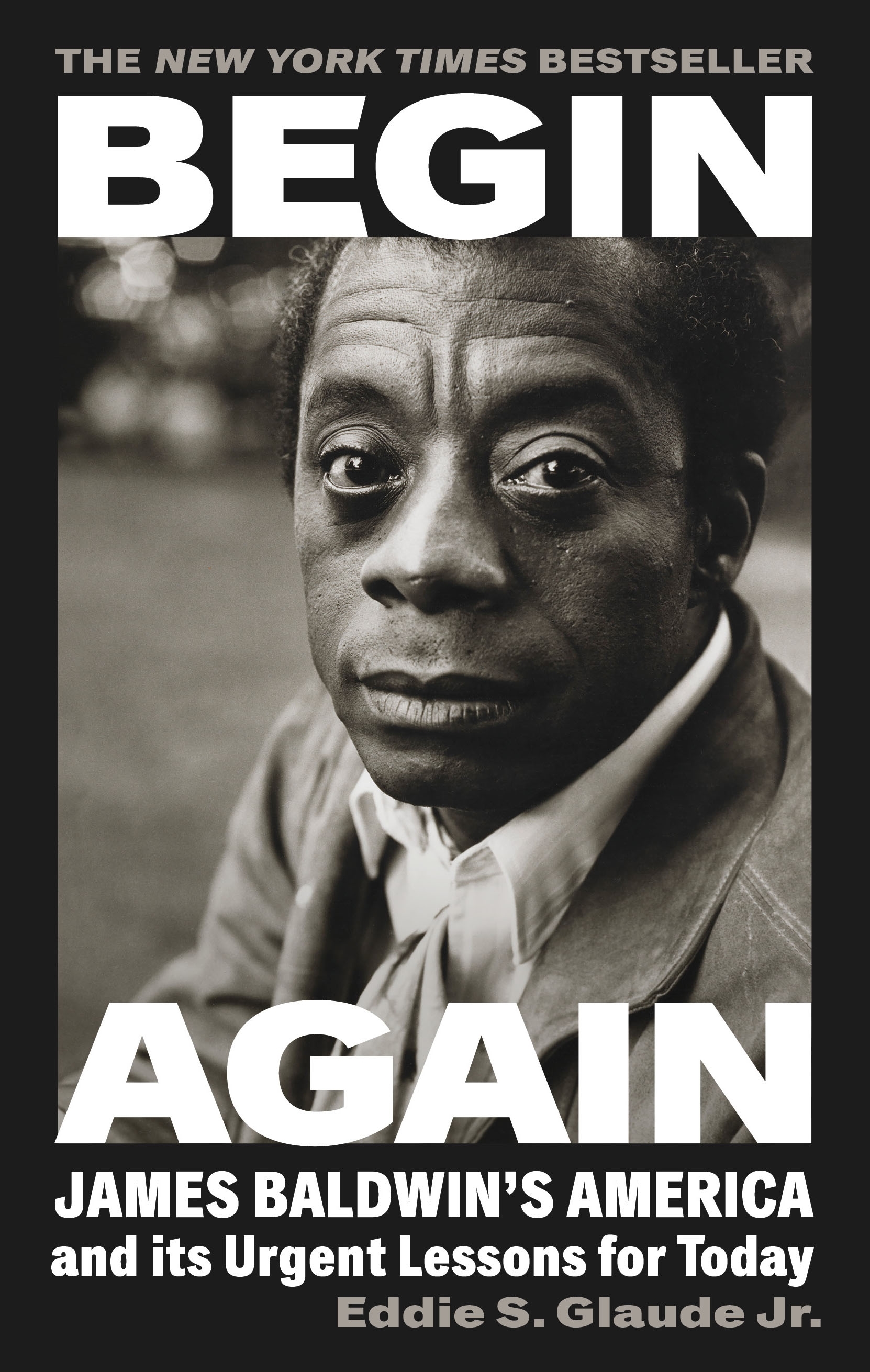


He resolved to engage deeply with Baldwin’s work, to try to think “with” him, in order to interrogate “how an insidious view of race, in the form of Trumpism, continues to frustrate any effort to ‘achieve our country’”, and then to write about it. It became the impetus for Glaude to undertake an excavation of his own. Against the backdrop of bulldozers and the noise of sledgehammers, it “looked like the excavation of an ancient ruin”, and called to mind “what Baldwin saw in the latter part of his life in the United States … decay and wreckage alongside greed and selfishness”. Only the writing room remained, “exposed for the sun to beat down on its side”. Glaude, who has taught Baldwin for many years, had come in search of any surviving traces of the writer’s refuge, and found most of it crumbling to dust.

I n 2018, two years after the “disastrous” 2016 US presidential election, Eddie Glaude Jr, professor of African American Studies at Princeton, made a pilgrimage to the house in Saint-Paul-de-Vence, in the south of France, where James Baldwin had lived for almost two decades, and which was now being knocked down to make way for luxury flats.


 0 kommentar(er)
0 kommentar(er)
